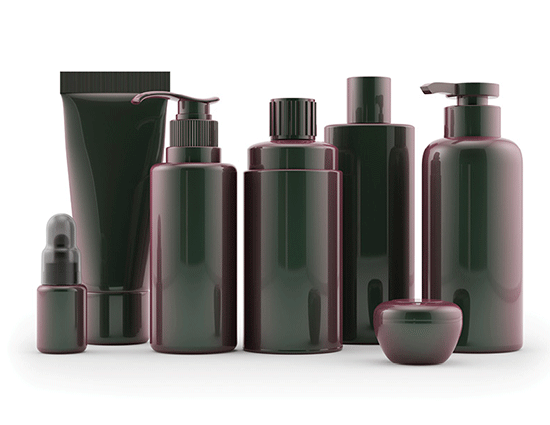Cosmetic Labelling Requirements in Thailand

Nowadays, most people focus on having a good quality of life, being strong and healthy as wish to stay a long life, and having a good personality to be impressed on those who see or contact. By starting with considering and selecting clean and high quality of food contained various types of nutrients which are beneficial to the body for each meal. Exercise can strengthen the body and build or boost immune system against diseases. Cleaning the body can remove can remove dirt and help to prevent infections. Dressing up appropriately, nourishing the skin for fresh and youthful-looking skin including makeup help to get more beautiful and charming.
In Thailand, personal care products used to cleaning the body and nourish the skin. Makeup such as soap, shampoo, skin care cream, hair dye cream, toothpaste, eye shadow, mascara, blush, and lipstick, etc., are classified as cosmetics according to the definition of the word “Cosmetics” in Section 4 of the Cosmetics Act B.E. 2558 and controlled by the Cosmetic Control Group, Cosmetics and Hazardous Substances Control Division, Food and Drug Administration, Ministry of Public Health.
- Article 4, the Cosmetics Act B.E. 2558
“Cosmetics” means:
1. A “cosmetic product” shall mean any substance or preparation intended to be placed in contact (by applying to, massaging or rubbing into, sprinkling or spraying on, dropping onto, introducing into, perfuming, or by any other means) with the various external parts of the human body (epidermis, hair system, nails, lips and external genital organs) or with the teeth and the mucous membranes of the oral cavity with a view exclusively or mainly to cleaning them, perfuming them, changing their appearance and/or correcting body odours and/or protecting them or keeping them in good condition but shall not include ornaments and clothing which are deemed as accessories outside human body.
2. Articles intended for use specifically as a component in the manufacture of cosmetics, or
3. Other articles classified as cosmetics by Ministerial Regulations
Personal care which are body care, skin care, and makeup are products used on daily basis and chemical components of these cosmetics that come in contact with the skin and various organs of the body directly. Therefore, consumers should consider products that meet high quality and have been approved or certified by relevant regulatory agencies for safety purpose and to prevent chemical allergies caused by chemical components in cosmetic products. In addition, the consumers should read product labels before deciding to purchase cosmetic products to understand the product details, direction for use, and check product information on cautions/warnings. Cosmetic products that are legally allowed to be sold in Thailand must receive a notification number from the Cosmetic Control Group, Cosmetics and Hazardous Substances Control Division, Food and Drug Administration, Ministry of Public Health, and the information on the product label must be in Thai language. According to the Announcement of the Cosmetics Committee regarding Labels of Cosmetics B.E. 2562, the following information must be specified on the label:
1. Name of cosmetics and trade name of cosmetics
2. Type of cosmetics
3. Names of all chemical substances used as ingredients in the production of cosmetics
4. Direction for use
5. Name and location of the manufacturer in Thailand (Local production) or Name and location of the importer in Thailand and the name of the foreign manufacturer and the country of manufacture (Import)
6. Net content
7. Batch number
8. Manufacturing date
9. Expiry date
10. Warning about potential dangers to human health (if any)
11. Cosmetic notification number issued by the Cosmetics Control Group Cosmetics and Hazardous Substances Control Division, Food and Drug Administration Ministry of Public Health
